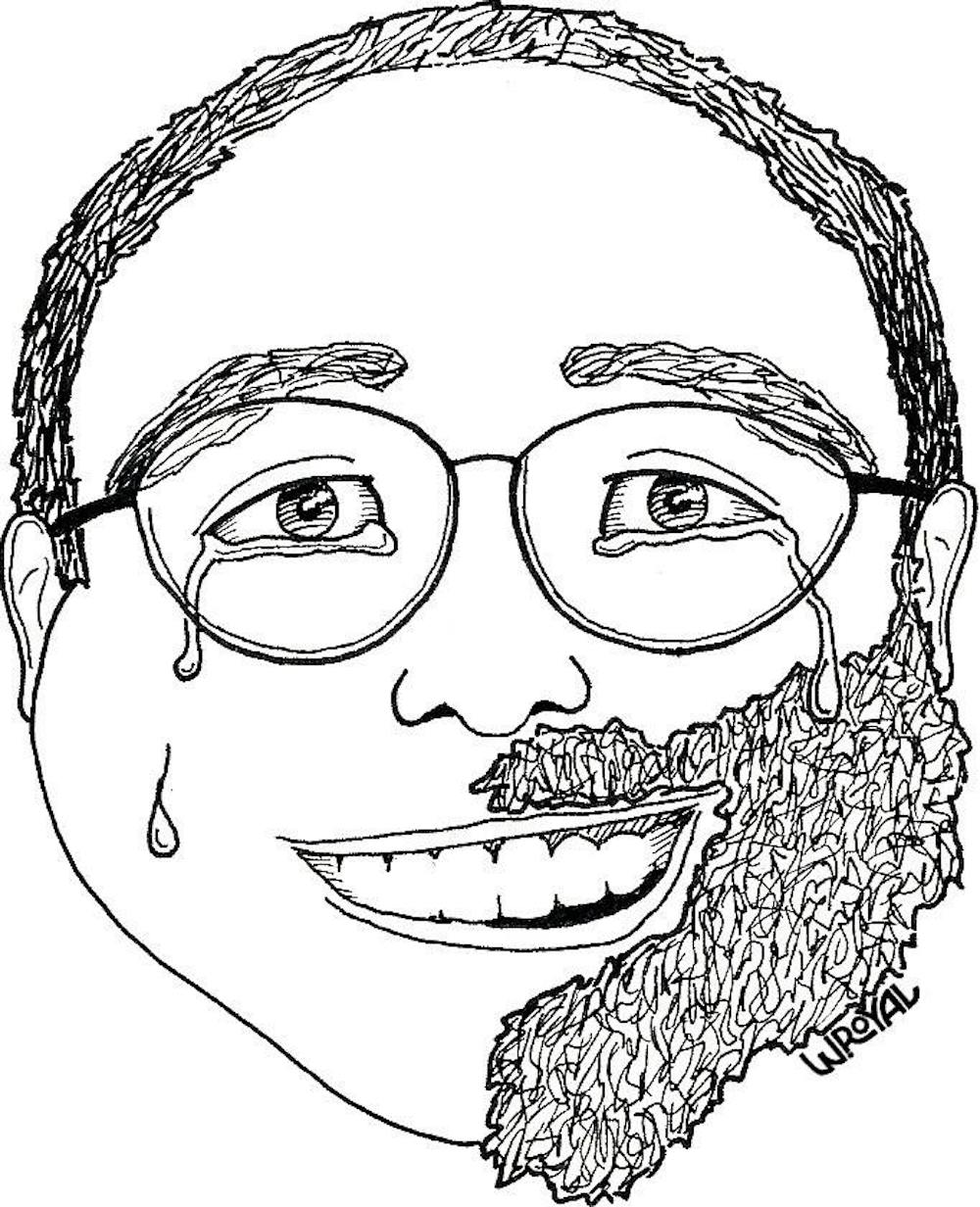The political landscape of the United States has been fundamentally altered by the Occupy movement.
Occupy Philadelphia activist Nathan “Nate” Kleinman is the first Occupier to run for congressional office.
Perhaps tellingly, he shaved his beard before campaigning for office.
He’s running as a Democrat in Pennsylvania against Rep. Allyson Schwartz (D-Pa.).
The 29-year-old Kleinman, who believed the Patriot Act “turned this country upside down,” seeks to turn America right-side up.
But wouldn’t Occupy rather turn it inside-out?
Most of his grievances with American politics will sound familiar to leftists and aren’t antithetical to Occupy goals.
Drug abuse is a public health issue, not a criminal issue. The prison system is absolutely contemptuous. Corporate money has no place in politics.
And yet, Kleinman is running as a Democrat, not as a third-party candidate.
He describes himself as not running “from Occupy” and says Occupy Philadelphia will be taking a vote to not endorse political candidates. Kleinman said he’d vote not to.
This makes sense according to Occupy ideology, which has so far operated as a truly democratic, populist group.
Kleinman is also running without a Super PAC, which is unsurprising from a member of an activist group with communist leanings (a term I use sympathetically) but nevertheless hurts his chances of successfully running against an establishment Democrat.
This isn’t a dissimilar move to what the Tea Party movement did, slowly channeling somewhat respectable candidates into conventional political arenas until they began to influence and disrupt the Republican party.
While this was a stab at legitimacy for Tea Partiers, Kleinman’s explicit disassociation with Occupy makes it unlikely that Occupy will gain much in visibility or legitimacy from his candidacy.
If Kleinman were to run as a third-party candidate or as part of an Occupy ticket, it would undermine Occupy’s dissatisfaction with the current power regime in the U.S.
Exemplary black feminist Audre Lorde made famous the phrase “The master’s tools will never dismantle the master’s house.”
To run for a seat in Congress is precisely to work within the very confines of an oppressive system. Whatever change occurs won’t undo the system that so many are infuriated by.
In a contribution to “Occupy Theory,” Judith Butler writes, “To appeal to that authority to satisfy the demand would be one way of attributing legitimacy to that authority.”
This explains why Occupy hasn’t produced a singular document aimed at the U.S. government representing its motives and demands.
Its amorphous and adaptive strategy has allowed it to take on specific meaning in different contexts, providing a liberating banner for local activists to operate under.
Because Kleinman isn’t running as an Occupy candidate, and because the movement ideologically opposes representative leadership, it’s unlikely he will upset much of the political structure in Washington.
This isn’t what he’s trying to do. I have no trouble endorsing a candidate who will only accept individual donations, opposes establishment candidates and seeks to affect egalitarian social change on the local level.
His candidacy does raise tactical questions for Occupy as a national and international movement. Strategies will diverge throughout specific locations, and no unifying agreement will be reached among Occupiers.
These are not weaknesses but strengths that enable radical, situated resistance.
Is embodied opposition against the state, often in violent encounters with police, the only legible form of protest?
Will the U.S. government listen to overwhelming public dissent in new media? To students and scholars writing against current policy? To Guantanamo prisoners carving poetry into Styrofoam cups? To future candidates associated with Occupy?
Will the U.S. government ever listen to the multiplicity of voices wholly resentful of money in politics and fascist policing of bodies?
The general strike called for by the Occupy movement on May 1 is much more likely to provoke meaningful response from the state than any Occupy activist turned Democrat candidate.
And we won’t have to shave our beards.
— ptbeane@indiana.edu
Our beardless leader

Get stories like this in your inbox
Subscribe





